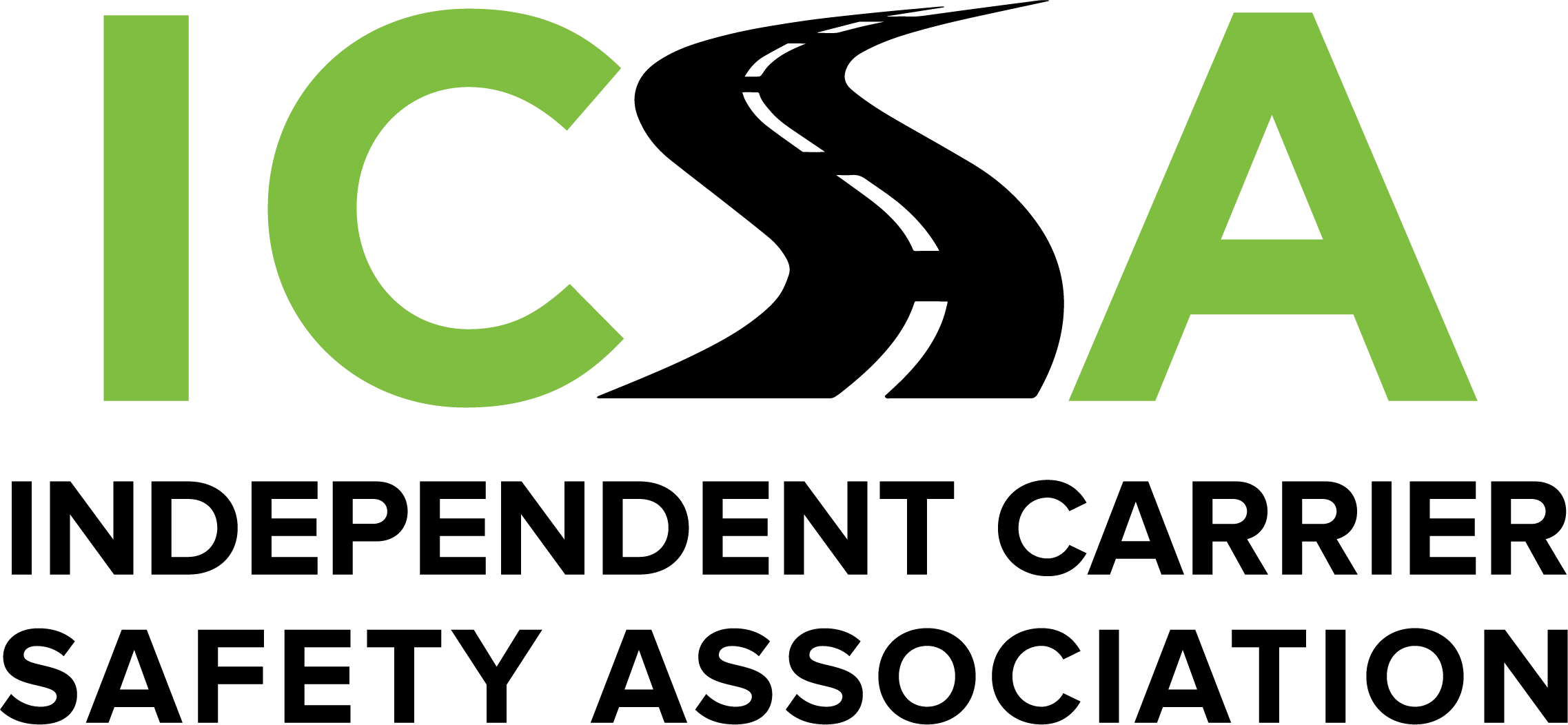Earlier this year, ICSA informed its members that the Commercial Vehicle Safety Alliance (CVSA), the trade association representing commercial vehicle law enforcement, had petitioned the Federal Motor Carrier Safety Administration for a change in FMCSA’s guidance on the use of “personal conveyance.” FMCSA has now denied that petition.
The “personal conveyance” mode on an electronic logging device (ELD) allows a truck driver to operate the vehicle while officially off-duty. The intent of the FMCSA guidance is to facilitate a driver’s access to restaurants, truck parking and places of rest. However, “personal conveyance,” per FMCSA guidance, cannot be used for business purposes, such as positioning the truck closer to the next day’s destination.
CVSA had asserted that the guidance from FMCSA was open to abuse because it placed no time or distance limits on the use of the “personal conveyance” mode. CVSA pointed to the Canadian rules, where such limits exist. Canada also does not allow a loaded vehicle to be operated under “personal conveyance.” In denying the petition, FMCSA said that CVSA had not shown a safety reason for the agency to change its guidance.
Motor carriers themselves may place conditions on a driver’s use of the “personal conveyance” mode. Commercial vehicle law enforcement will still look closely at ELD records for possible abuse of “personal conveyance.” But, for now at least, FMCSA has chosen to not place time and distance limits on “personal conveyance.”

